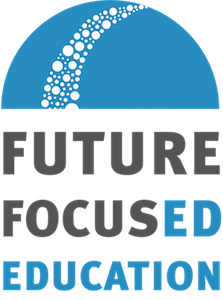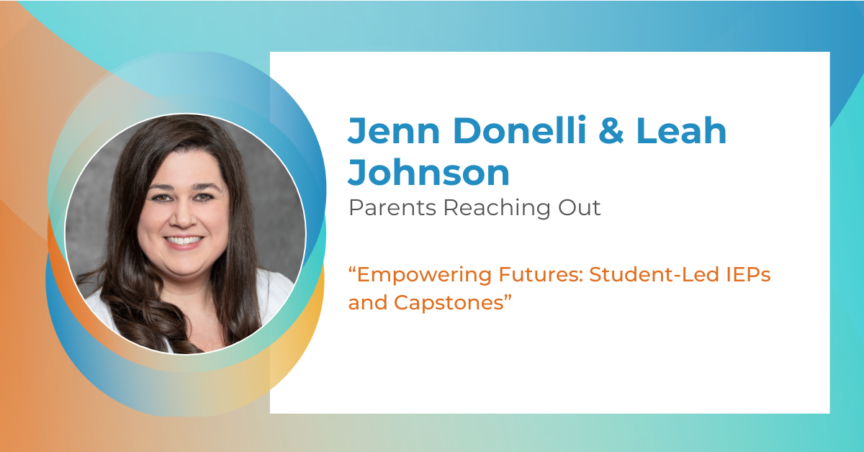Individualized Education and Capstones Empower Students with Disabilities
By: Jenn Donelli, Parents Reaching Out
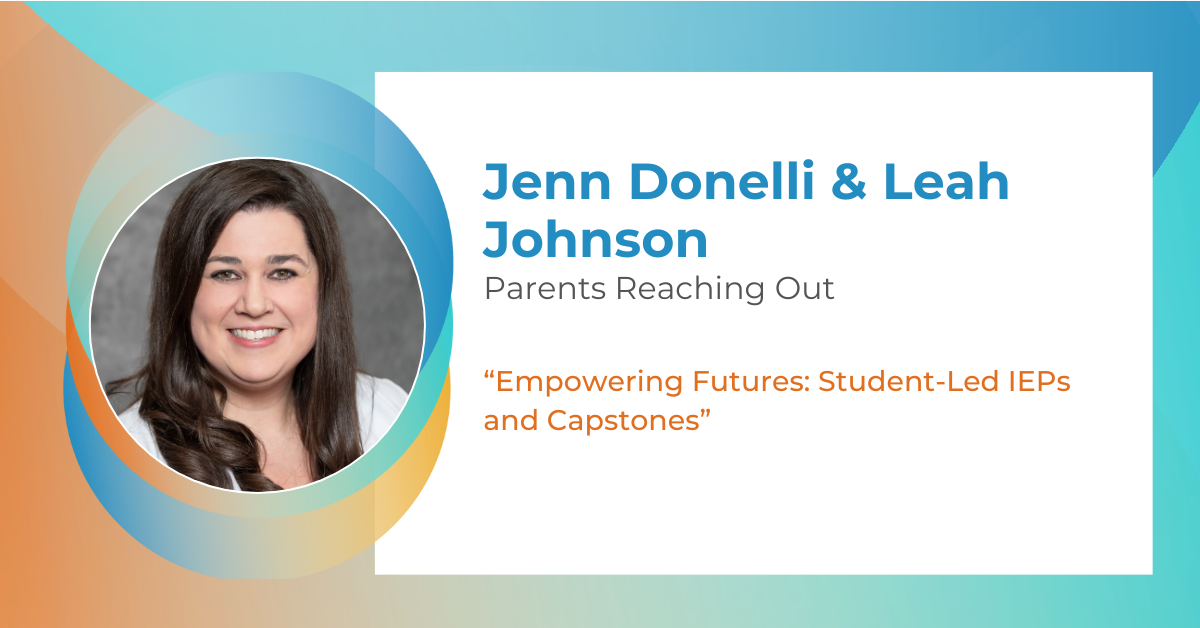
Parents Reaching Out (PRO) is a non-profit that provides one one-on-one support, training, and tools for families of and youth with disabilities or complex medical needs.
The 4th annual EdUprising conference is just around the corner and Parents Reaching Out is looking forward to presenting on our work with individual support and capstone projects for students with disabilities.
Join us to hear from education leaders and practitioners and participate in hands-on workshops created by New Mexicans for New Mexicans.
Student-Led Individualized Education Programs
In the realm of education, individual support is pivotal for students with disabilities, offering tailored instruction and services to ensure success. The Individualized Education Program (IEP) serves as a roadmap, detailing personalized goals and support. However, a paradigm shift is underway, placing students at the helm of their learning through student-led IEPs and dynamic capstone projects. The impact of these initiatives is profound–empowering students, fostering self-advocacy, and yielding meaningful learning outcomes.
In a traditional IEP meeting, educators, providers, school staff, and parents convene, with the student often joining later. Although their vision and goals are discussed, students rarely lead the meeting. But if the focus is on them, why not empower them to lead?
A student-led IEP meeting involves the student taking an active role in shaping discussions, decisions, and goals related to their education. Student-led IEPs yield positive outcomes, enabling students to articulate what works for them, express their needs, and advocate for their future success. This cultivates self-advocacy, instilling a lifelong skill and fostering a sense of ownership over their education.
One student said: “I got to take charge of my education, and it was really cool” about their student-led IEP. Parents have commented that the experience helped their child better understand what they needed to graduate. And a teacher said that when teachers stop controlling everything, “the IEP writes itself.”
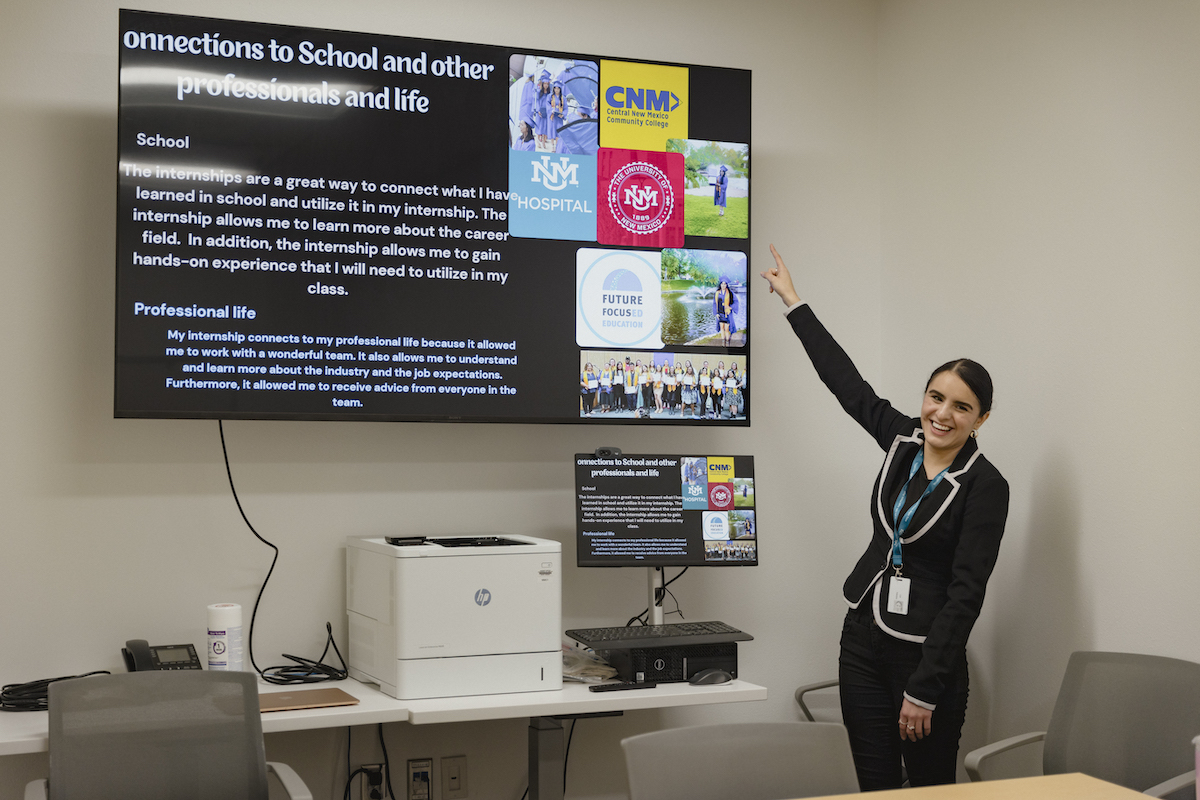
Capstones & Student-led IEPs
The synergy with capstone projects enhances this initiative. Capstones are comprehensive, community-connected projects that showcase a student's skills and knowledge and they align seamlessly with IEP goals and post-graduation aspirations. Capstones support personalized learning, foster independence, build collaborative partnerships, cultivate inclusivity, and celebrate achievements.
This past summer, the graduation requirements changed to include capstone projects as a graduation pathway. These projects must enable students to demonstrate core high school competencies but given the personalized nature of the capstone, students can engage in a capstone project that aligns with their IEP. A capstone project differs considerably from a portfolio of learning. A portfolio is a collection of learning artifacts with some written reflections whereas a capstone project requires students to define a research question or community interest, conduct research in the community, and present a solution.
Similarly, IEPs require students to develop a plan for their future and engage in career exploration; this can easily fit within the capstone process, as it is malleable to local context and need. As students develop their goals for the future, they can engage in community-connected research and learning with an employers in an industry they are interested in entering after high school. Then, after engaging in learning about their future careers, both at school and in the community, students can present what they learned through their capstone projects–while also demonstrating the high school competencies–in an exhibition of learning. This allows students to meet the requirements of the IEP process and high school graduation requirements simultaneously–reducing barriers to graduation.
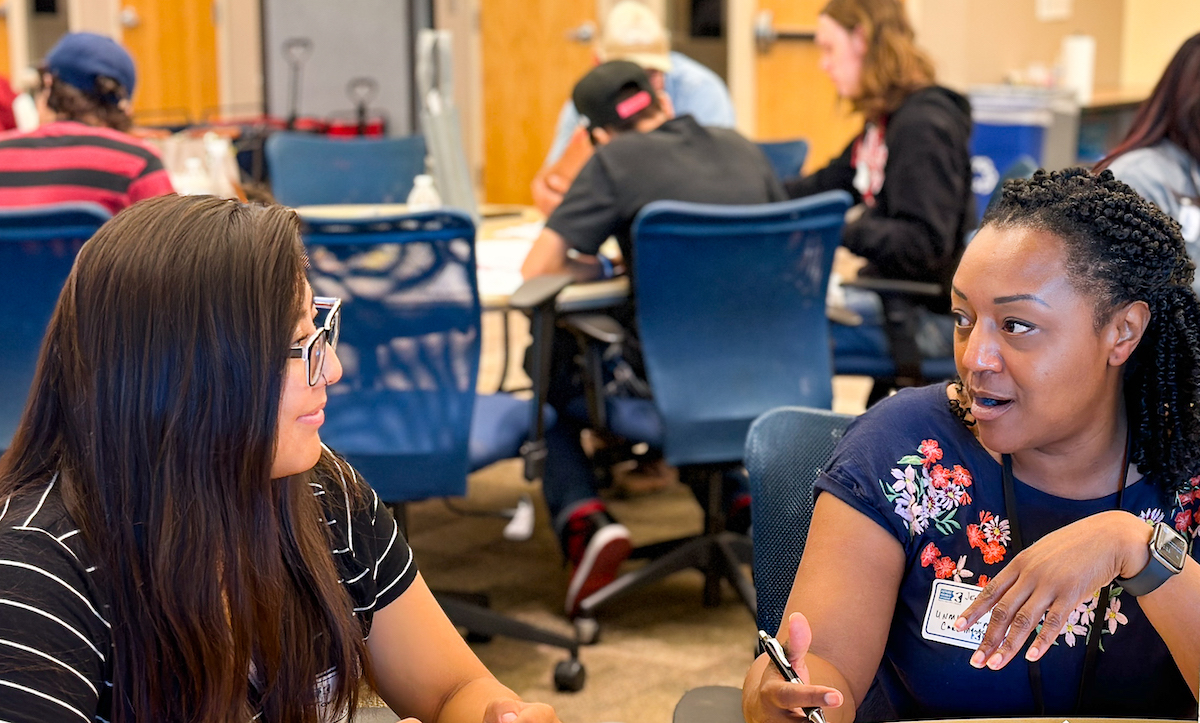
Capstones and the Modified Graduation Pathway
Future Focused Education and Parents Reaching Out are working together with Special Education students, educators, transition specialists, and families to understand how the Modified Graduation Pathway that many Special Education students are on might be impacted by the addition of capstones as a graduation pathway.
Here's what we have come up with:
Personalized Learning:
Capstones, aligned with IEP goals, exemplify real-world applications and influence post-graduation pathways, reinforcing personalized learning tailored to the student's strengths.
Fostering Independence:
Preparing students for life after high school, capstones provide opportunities for students to advocate for their preferences and address life skill goals on the IEP.
Building Collaborative Partnerships:
Capstones enhance collaboration among students, educators, and parents, extending to the community. Involving community members enriches the educational experience beyond high school.
Fostering a Culture of Inclusion:
Cultivating an inclusive environment, both in IEP development and capstone projects, promotes diversity in abilities. This inclusivity extends to the community, creating a supportive environment for all.
Celebrating Student Achievements:
Capstones offer a platform for students to showcase their abilities, reinforcing their self-advocacy skills. Student-led IEP meetings empower students and celebrate their accomplishments.
Overall, capstone projects allow students to meet the requirements of the IEP process and high school graduation requirements simultaneously–reducing barriers to graduation for all students.
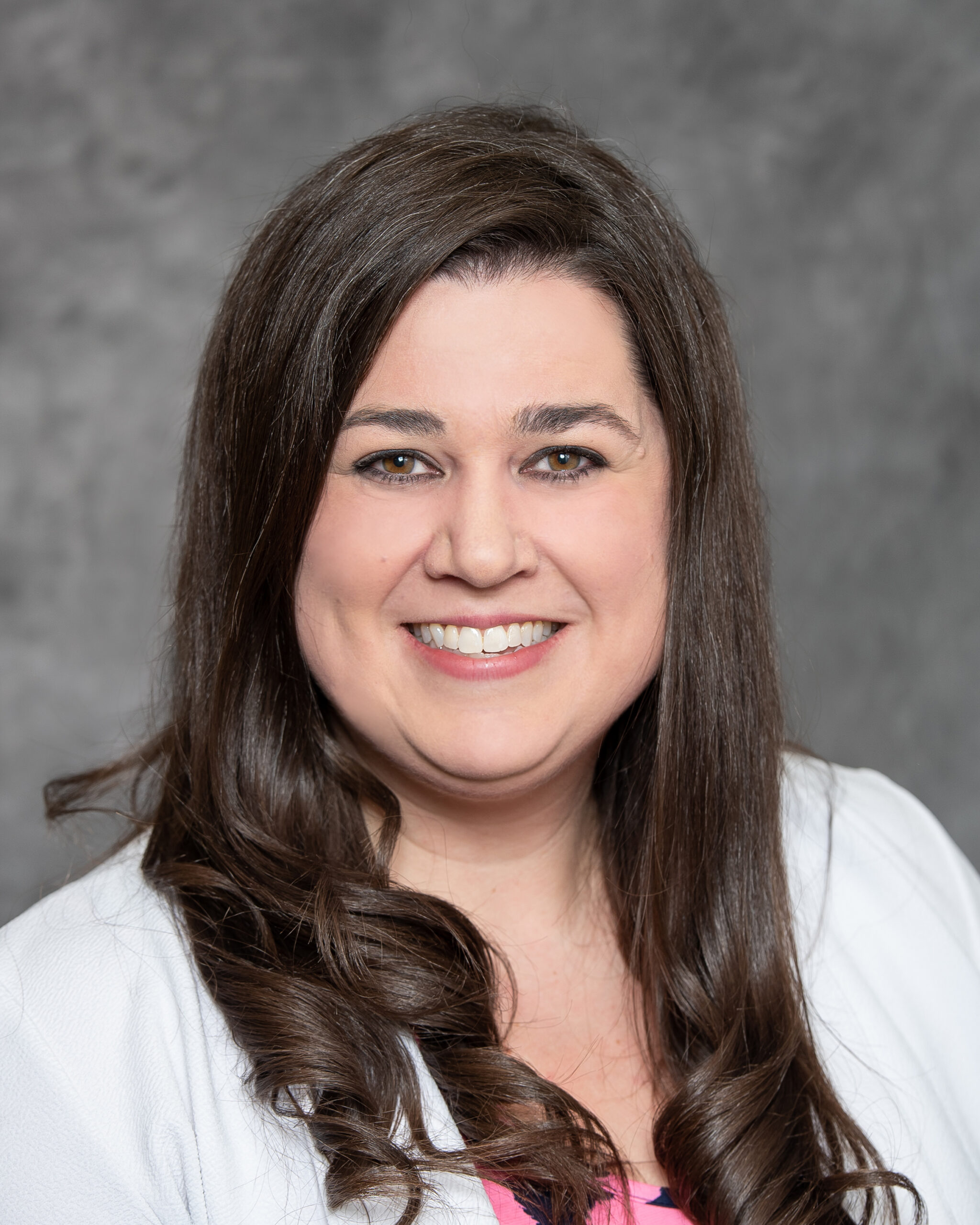
Jenn Donelli currently serves as the Executive Director at Parents Reaching Out. She has been with the organization for close to four years. Jenn holds a bachelor's degree in Youth Ministry from Colorado Christian University. She is the proud mother of two daughters, aged 12 and 6, with her oldest daughter being on the Autism Spectrum. She also has an older brother with Down’s syndrome. This drives her passion for the disability community at large and helping families become their own best advocates.

